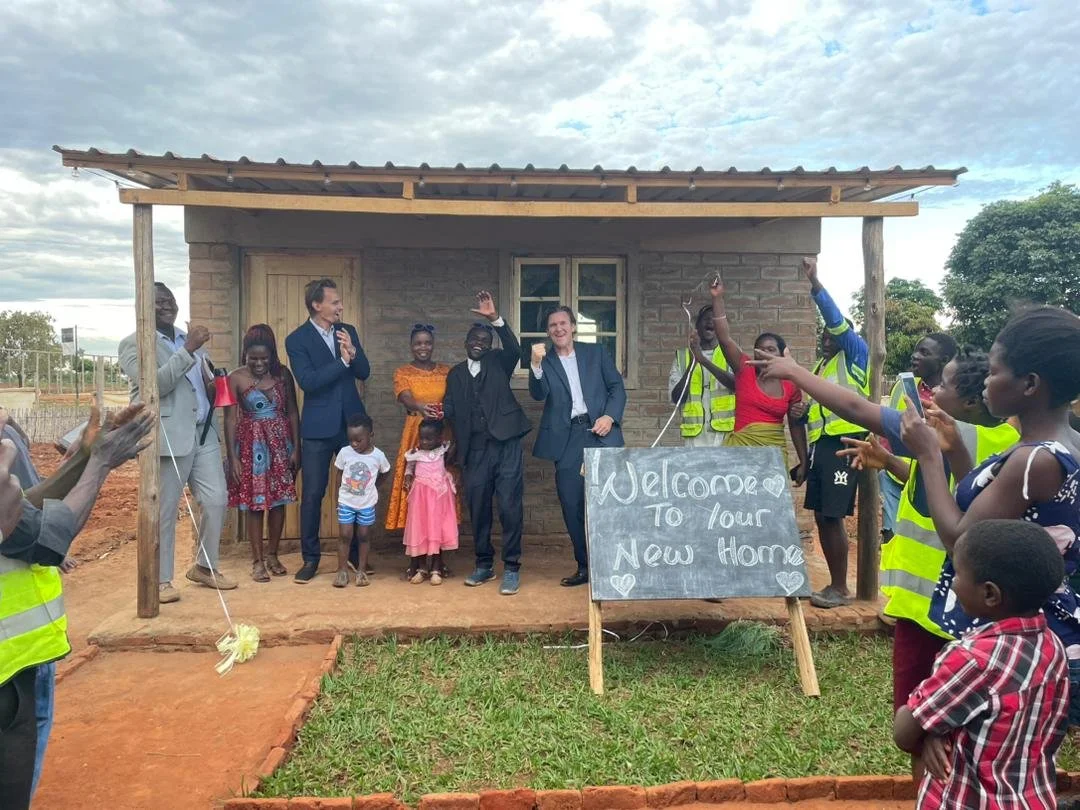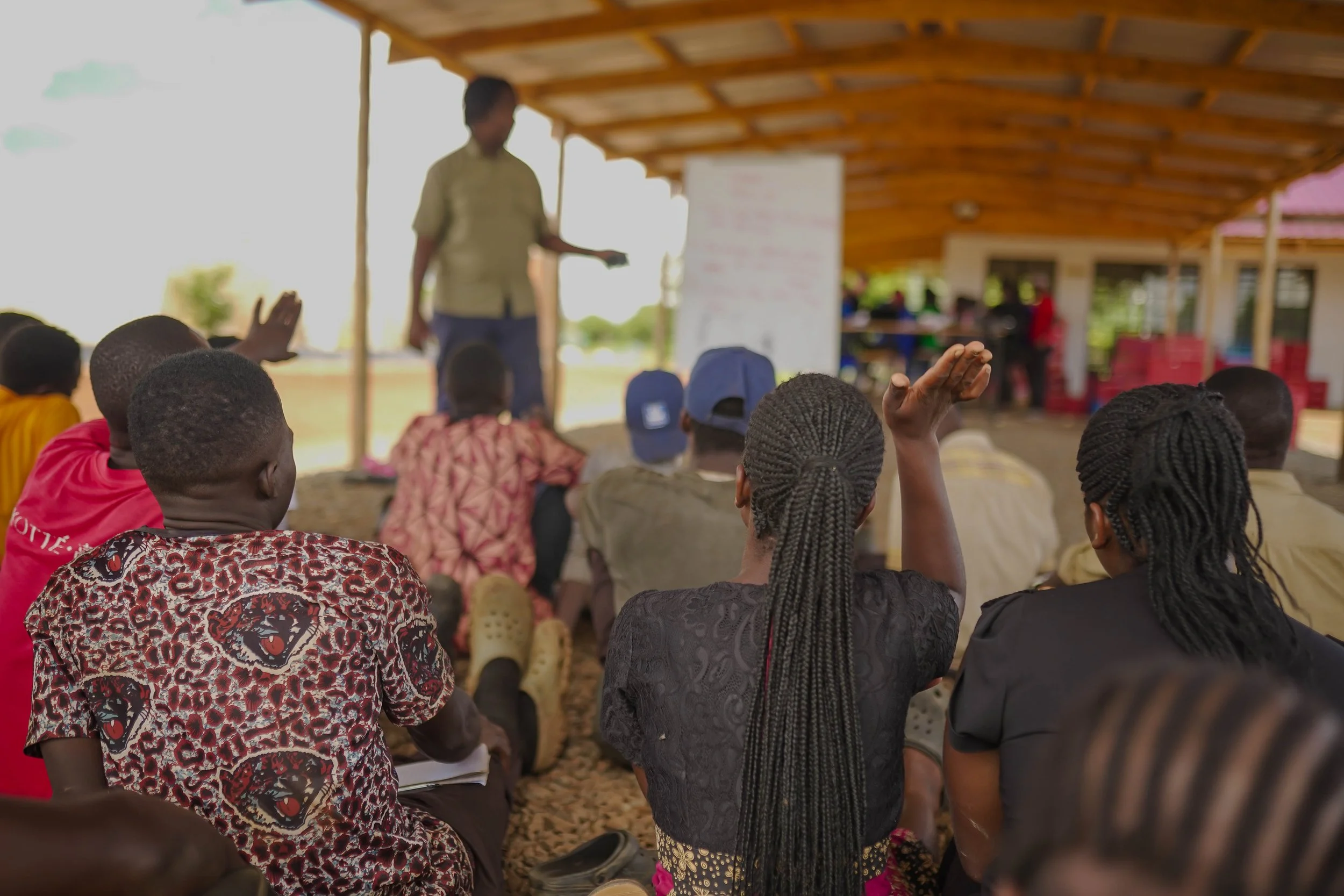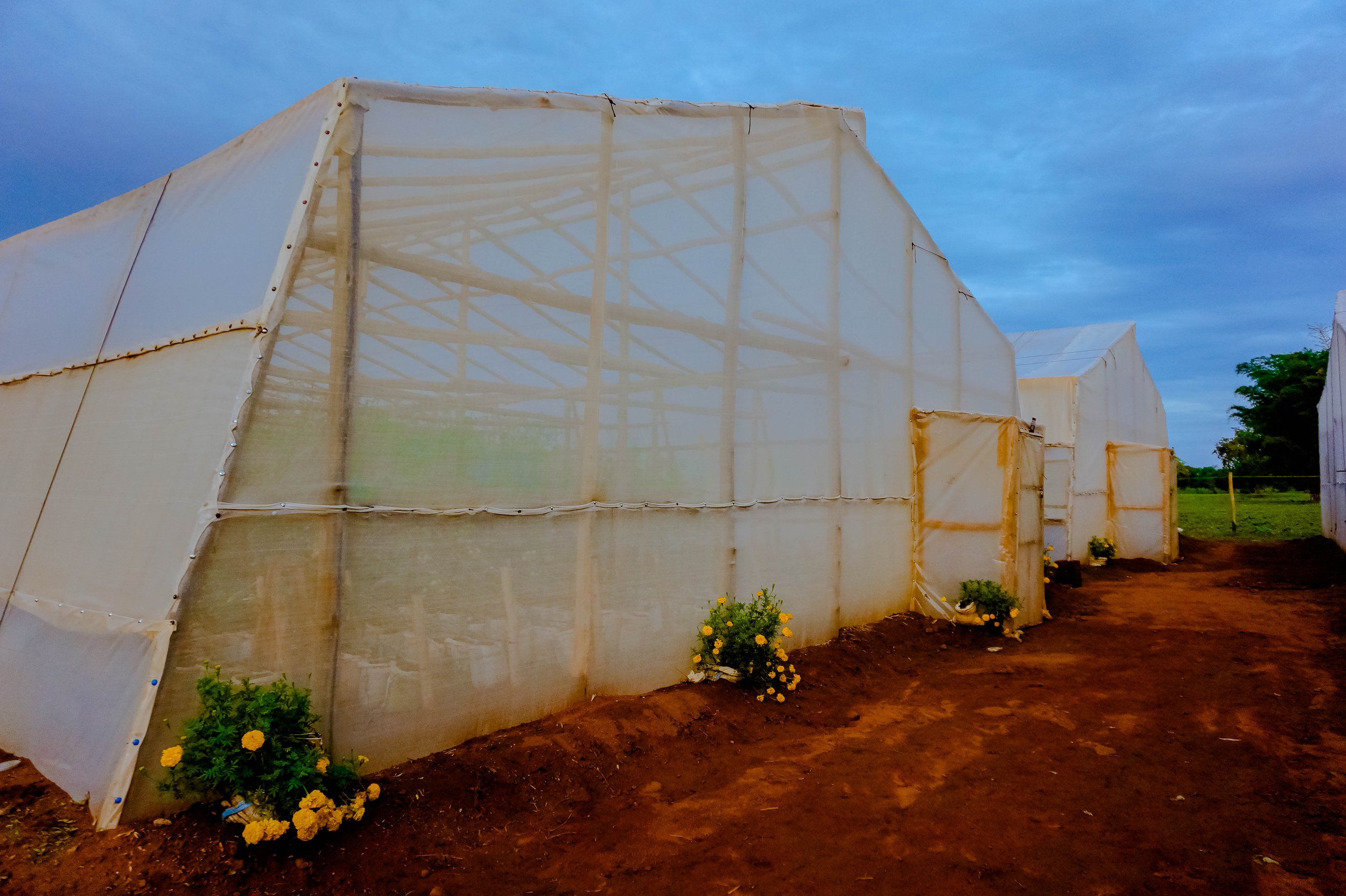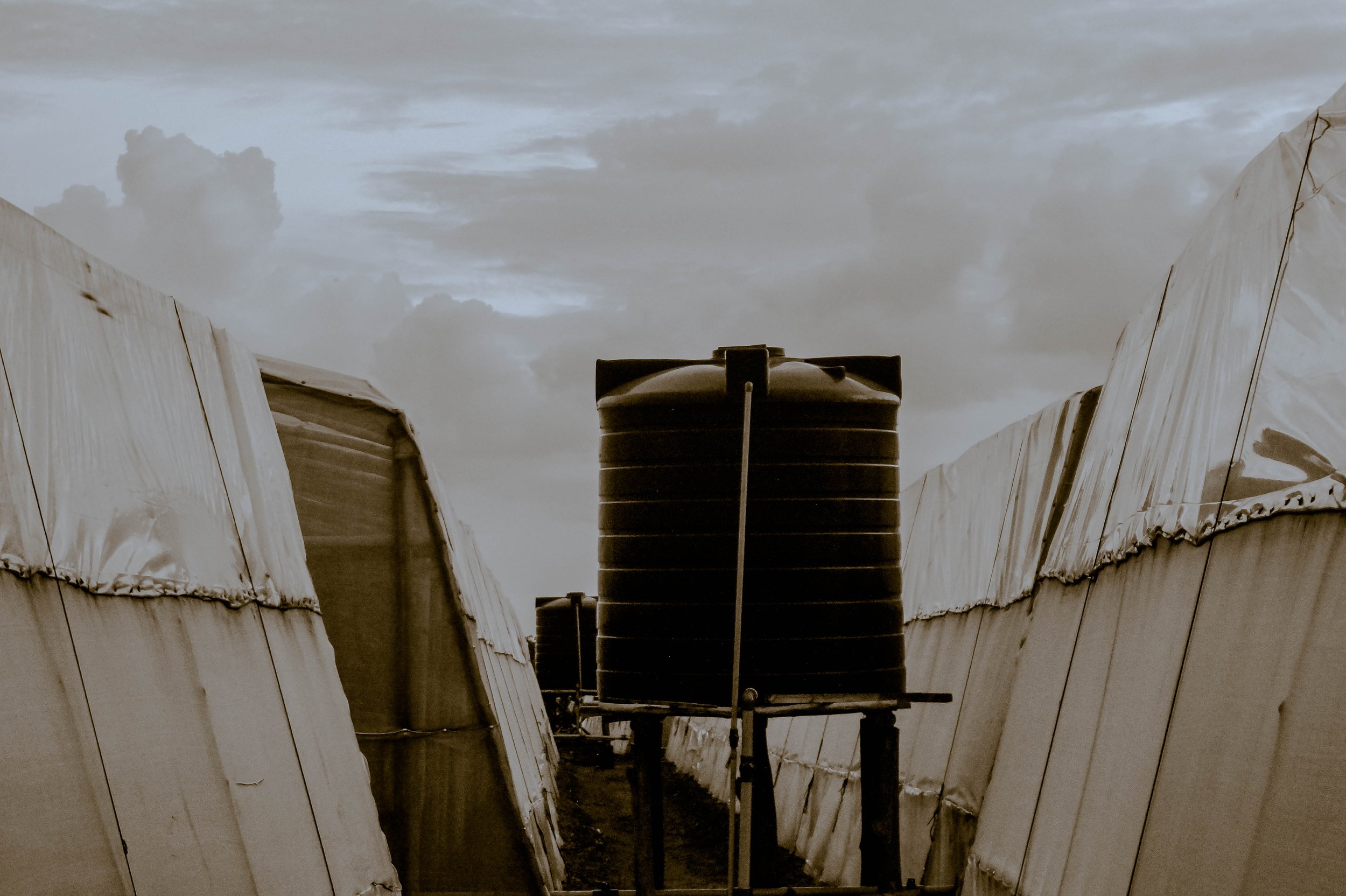Africa’s population will grow by one billion people by 2050, with its population set to nearly double from 1.3 billion now to 2.5 billion.
This population explosion adds further complexity to the many challenges facing the continent, which include urban sprawl and slumming, significant unemployment, and food insecurity linked with land pressure and deforestation. This population boom puts further pressure on African agriculture, which is largely unbankable and informal and prevents the majority of people from advancing.
Those most affected by this population explosion and lack of spacial planning are those living at the bottom of the pyramid, who will struggle to find jobs, affordable food, safe housing, access to infrastructure, as well as healthcare and education.
Efforts to address city development have faced significant challenges, as building new cities requires catalytic investments that concurrently address job creation, food security, infrastructure, and housing.

Africa’s Tech-Enabled City Starter
A Job-Generating, Home-Owner Creating, City-Starting, Tech-Spreading Model that can Scale.
Small Farm Cities Africa is a social impact startup with a working prototype in Malawi building affordable, job-creating agricultural communities. By organizing formally titled land and integrating technology with management practices and economies of scale, SFC generates jobs, unlocks home ownership for a significant number of overlooked people, reduces land pressure, and enables the mass adoption of technology and infrastructure. When these activities are done together, this creates a scalable path for upward mobility.
By integrating commercial drip-irrigated greenhouse and open field horticulture, poultry, and aquaculture together with hyper affordable housing within a planned community knit together with technology, fun recreational amenities, and micro-municipal infrastructure, people are making a sustainable income and on a path to home ownership.
Small Farm Cities is a city-starter. We are a bankable model that scales, working with people at the bottom of the pyramid to move forward through organized titled land, affordable housing, and planned production agriculture and aquaculture.
Our business is designed for people at the bottom of the pyramid and shaped around their incomes and investment capabilities. Through the jobs created from various farming businesses that serve the local markets, individuals earn a sustainable income, work their way into living and owning a home in a growing community, and invest back into the businesses they support.
